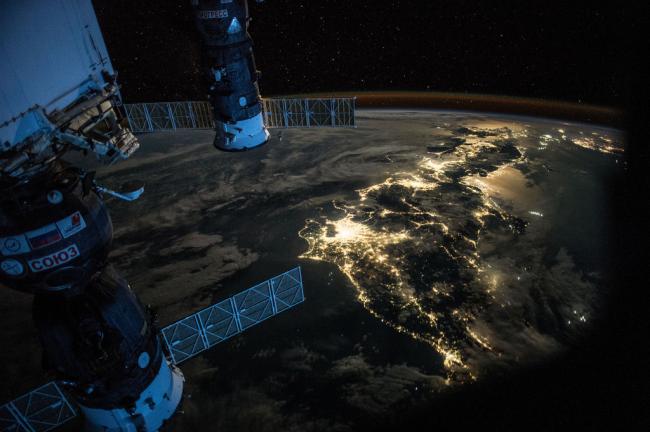
Backed by UN, Asia-Pacific countries to advance space technology for ‘development transformation’
New York, Oct 11 (IBNS): Gathered at a United Nations conference in Bangkok, countries from the Asia-Pacific region pledged to work together on Wednesday to leverage the power of space technology and boost sustainable development.
Adopting a ministerial declaration on Wednesday, countries also agreed to enhance resilience and mitigate disaster risk, through a regional action plan, making Asia-Pacific the first region ever to adopt a coordinated approach to using space technology and geospatial information services, in the service of development.
Hongjoo Hahm, the acting head of the UN Economic and Social Commission for Asia and the Pacific (ESCAP), highlighted that the declaration reaffirms countries’ commitment to the key role of space technology for a sustainable future.
“Our region has the potential to achieve a developmental transformation that will serve as a global model on the cooperative use of innovative technologies for the common good of humankind,” he said.
According to ESCAP, countries that do not have space programmes or have limited capacity, can benefit immensely by working with nations which do. One such example is Mongolia – a pilot country for a space-based drought monitoring mechanism – which recently established its own surveillance system, with technical support from China, India and Thailand.
The 21-point ministerial declaration also includes a specific call on Governments to promote women’s participation in science and technology education, in addition to the space and development pledges.
Countries also urged the UN to promote regional cooperation and support sharing of good practices as well as assist with the development of national polices relating to the aims of the declaration.
Action plan on space applications for sustainable development
Also endorsed on Wednesday, the Asia-Pacific Plan of Action on Space Applications for Sustainable Development (2018-2030) will help countries harness space applications and digital innovations to strengthen the implementation of Sustainable Development Goals (SDGs).
The Plan of Action was formulated through a comprehensive and inclusive consultation process driven by country needs, according to ESCAP.
It focuses on six key sectoral areas, including disaster risk management; natural resource management; connectivity; social development; energy; and climate change, and will be implemented through research and knowledge-sharing; capacity-building and technical support; and intergovernmental processes.
On mitigating impacts of climate change, for instance, specific action includes developing space application capacity for climate modelling and vulnerability mapping as well as providing access to Earth observation data and products derived from space data through the Space Climate Observatory.
ESCAP is the UN’s socio-economic development arm in the Asia-Pacific region. Its 53 member States and associate members span a geographic area from the Pacific island of Tuvalu in the east to Turkey in the west, and Russia in the north to New Zealand in the south. The region is home to nearly two-thirds of the world’s population.
Scott Kelly/NASA
Support Our Journalism
We cannot do without you.. your contribution supports unbiased journalism
IBNS is not driven by any ism- not wokeism, not racism, not skewed secularism, not hyper right-wing or left liberal ideals, nor by any hardline religious beliefs or hyper nationalism. We want to serve you good old objective news, as they are. We do not judge or preach. We let people decide for themselves. We only try to present factual and well-sourced news.







